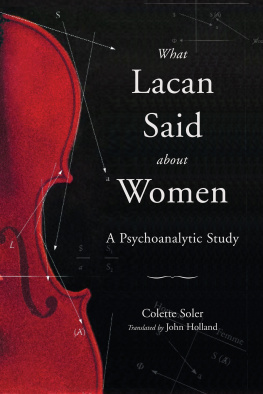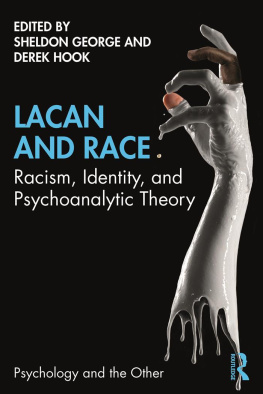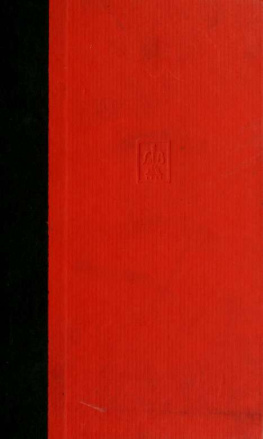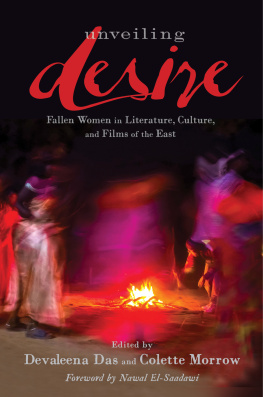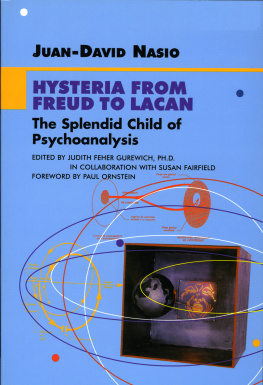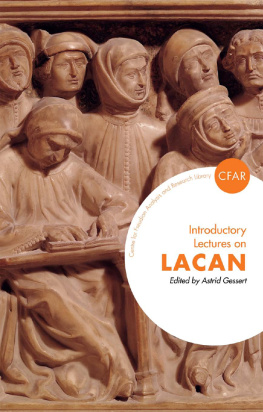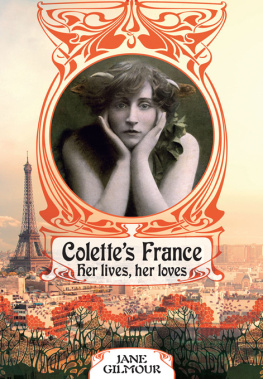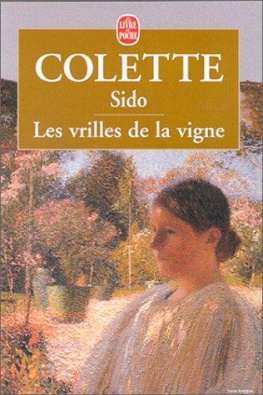Colette Soler - What Lacan said about women: A Psychoanalytic Study
Here you can read online Colette Soler - What Lacan said about women: A Psychoanalytic Study full text of the book (entire story) in english for free. Download pdf and epub, get meaning, cover and reviews about this ebook. year: 2020, publisher: Other Press, genre: Romance novel. Description of the work, (preface) as well as reviews are available. Best literature library LitArk.com created for fans of good reading and offers a wide selection of genres:
Romance novel
Science fiction
Adventure
Detective
Science
History
Home and family
Prose
Art
Politics
Computer
Non-fiction
Religion
Business
Children
Humor
Choose a favorite category and find really read worthwhile books. Enjoy immersion in the world of imagination, feel the emotions of the characters or learn something new for yourself, make an fascinating discovery.
- Book:What Lacan said about women: A Psychoanalytic Study
- Author:
- Publisher:Other Press
- Genre:
- Year:2020
- Rating:5 / 5
- Favourites:Add to favourites
- Your mark:
- 100
- 1
- 2
- 3
- 4
- 5
What Lacan said about women: A Psychoanalytic Study: summary, description and annotation
We offer to read an annotation, description, summary or preface (depends on what the author of the book "What Lacan said about women: A Psychoanalytic Study" wrote himself). If you haven't found the necessary information about the book — write in the comments, we will try to find it.
What Lacan said about women: A Psychoanalytic Study — read online for free the complete book (whole text) full work
Below is the text of the book, divided by pages. System saving the place of the last page read, allows you to conveniently read the book "What Lacan said about women: A Psychoanalytic Study" online for free, without having to search again every time where you left off. Put a bookmark, and you can go to the page where you finished reading at any time.
Font size:
Interval:
Bookmark:
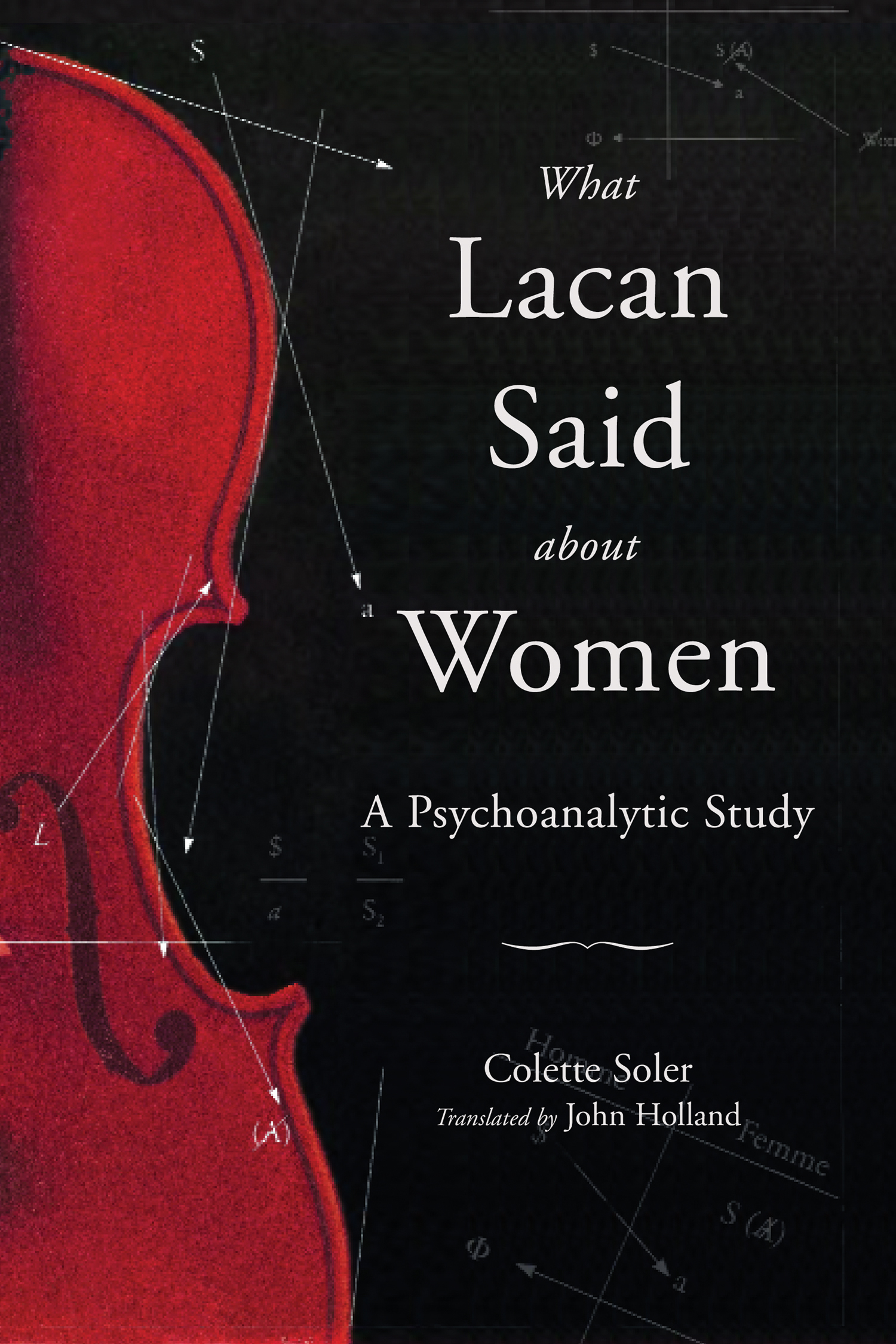
Series Editor: Frances Restuccia, Professor of English, Boston College
Gender in Psychoanalytic Space: Between Clinic and Culture
Muriel Dimen and Virginia Goldner, eds.
Topologies of Trauma: Essays on the Limit of Knowledge and Memory
Linda Belau and Petar Ramadanovic, eds.
Re-inventing the Symptom: Essays on the Final Lacan
Luke Thurston, ed.
Art: Sublimation or Symptom
Parveen Adams, ed.
Lacan and Contemporary Film
Todd McGowan and Sheila Kunkle, eds.
What Lacan Said about Women: A Psychoanalytic Study
Colette Soler
Traumatizing Theory: The Cultural Politics of Affect In and Beyond Psychoanalysis
Karyn Ball, ed.
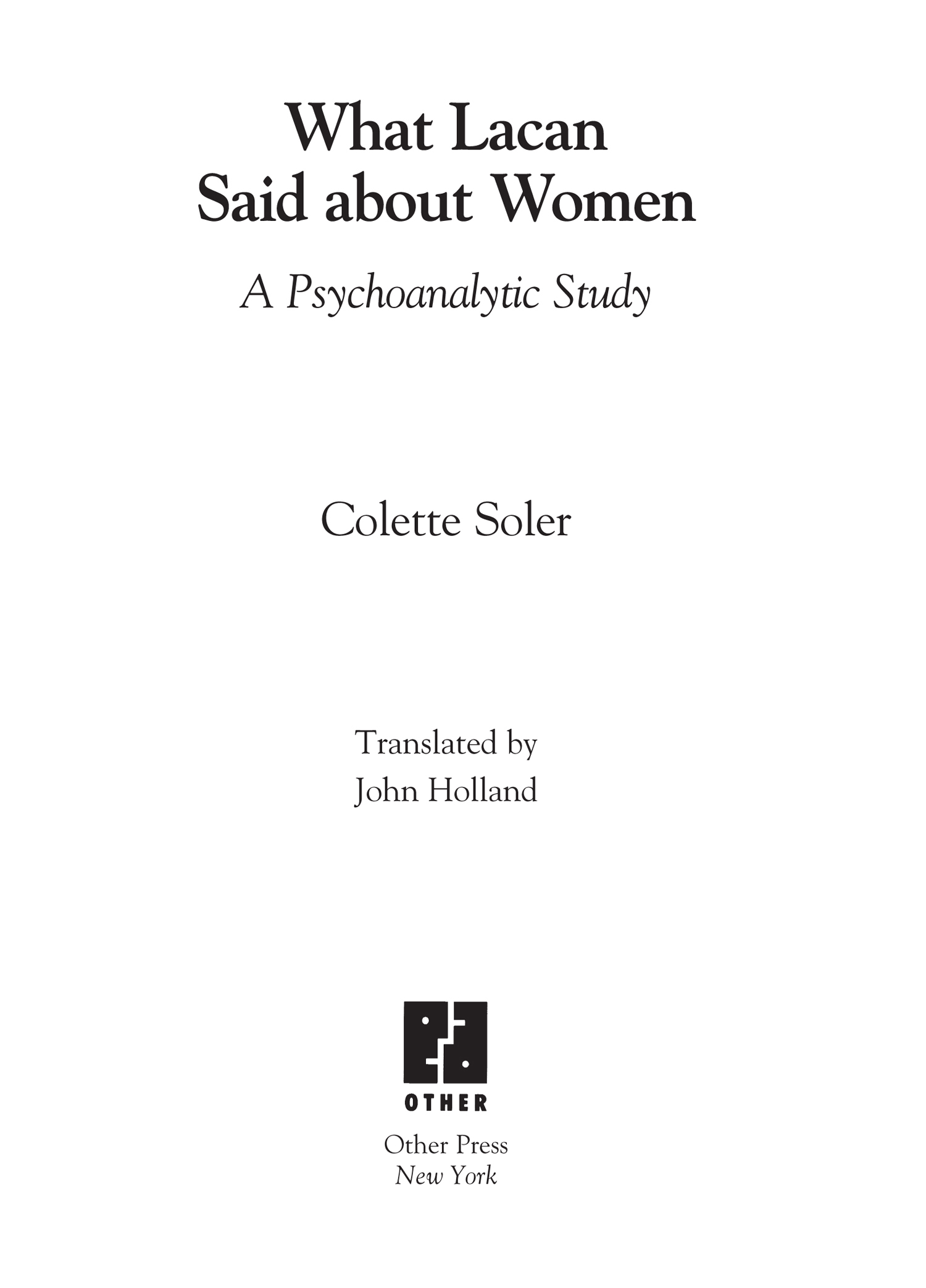
This work originally appeared in French as Ce que lacan disait des femmes: Etude de psychanalyse. Copyright 2003 Editions du Champ Lacanien.
Translation 2006 John Holland
Production Editor: Mira S. Park
Ebook ISBN9781635421293
All rights reserved. No part of this publication may be reproduced or transmitted in any form or by any means, electronic or mechanical, including photocopying, recording, or by any information storage and retrieval system, without written permission from Other Press LLC, except in the case of brief quotations in reviews for inclusion in a magazine, newspaper, or broadcast. For information write to Other Press LLC, 267 Fifth Avenue, 6th Floor, New York, NY 10016. Or visit our Web site: www.otherpress.com.
The Library of Congress has cataloged the printed edition as follows:
Soler, Colette.
[Ce que Lacan disait des femmes. English]
What Lacan said about women : a psychoanalytic study / by Colette
Soler; translated by John Holland.
p. cm.
Includes index.
ISBN 1-59051-170-0 (978-1-59051-170-1) (pbk. : alk. paper)
1. Lacan, Jacques, 1901- 2. Women. 3. Women and psychoanalysis. I. Title.
BF109.L28S6513 2005
155.333dc22
2005007146
a_prh_5.6.0_c0_r0
We are honored and thrilled to include the work of such a dazzling, erudite Lacanian as Colette Soler in Other Presss Contemporary Theory Series. Solers What Lacan Said about Women takes refreshing risks in broadening the field of psychoanalysis, especially by entering the cultural studies arena. With the exquisite prose and penetrating insights that she is famous for, Colette Soler, in this candid new text, shares her psychoanalytic, theoretical, and clinical expertise as well as her astute perceptions about social issues now throwing our world into turmoil.
Winner of the Prix Psych for the best work published in the fields of psychology and psychoanalysis in 2003, What Lacan Said about Women addresses cultural critics, especially those in gender and womens studies, along with anyone involved in clinical practice and/or contemporary theory. This study has the ability to transform neophytes within the field of Lacanian theory into informed thinkers; and it can substantially supplement and refine the knowledge of those who think of themselves as Lacanian veterans.
Soler spins out a seductive explication of Lacans thought on the controversial questionwhich never fails to intrigueof sexual difference. She takes up other steamy Lacanian topics as well, again with the subtlety that these topics deserve: Lacans conception of Woman and her relation to masochism, femininity and hysteria, love and death, and the impossible sexual relation. Pushing beyond what has already been established, What Lacan Said about Women also addresses more down-to-earth topics such as depression in Lacan, why depressives are unloved, and the mother in the unconscious after the empire of the father has fallen. Solers analysis teases out the implications of the texts that Lacan produced from the 1950s to the 1970s, linking them to pertinent cultural preoccupations such as the effects of science on contemporary conceptions of the feminine and transformations of the institutions of the family and marriage.
Solers genius lurks in the details, however. It is due to its delicacy and precision that What Lacan Said about Women opens up psychical spaceat a time when such fragile space is critically threatened by multiple forces of robotic banalization operating within our increasingly virtual society. As a result Solers writing, like great art and literature, can have the crucial impact of enabling its readers to rediscover interiority as constitutive of the world.
With this new study, elegantly translated by John Holland, Other Presss Contemporary Theory Series once again presents rich Lacanian work. We reiterate that our interest is in smart theoretical writing of all stripes and that we put a premium on studies with vital practical consequences that expose the overlap of theory with the mundane. This series welcomes all theory being done currently in, for example, film studies, aesthetics, and feminist, queer, and other political contexts.
Frances L. Restuccia
Series Editor
Colette Solers book What Lacan Says about Women, was, as the author notes, originally conceived of as a series of lectures delivered to members of psychoanalytic schools. It can be read, however, by anyone interested in the topic announced by the title, and can be approached by those who have only begun to read Lacan as well as by those who have been studying his work for years. Solers study covers a wide range of material and raises questions that involve a number of intellectual fields. In terms of Lacans own thought, it extends from the work of the 1950s, devoted to a reading of Freuds concepts of femininity and masculinity, to the path-breaking texts of the 1970s on the logic of sexuation and the identification with the symptom. Clinicians seeking an understanding of Lacanian clinical practice will find discussions of topics such as depression as well as an innovative treatment of the end of analysis. Those interested in cultural critique will find examinations of the limits of the ideology of contract and human rights and discussions of the implications of the capitalist discourse.
In my handling of Lacans terminology in this translation, I have usually followed the precedents set by Bruce Fink in his excellent translations of Encore and Ecrits: A Selection. My rendering of pas tout has depended on the context in which the term appears. I have usually rendered it as not-whole, but have translated it as not all whenever what is in question is the impossible attempt to assemble a closed set of women. In cases in which there is an adverbial use of the term, I have usually translated it as not completely: women are not located completely in the phallic function. I have chosen to retain the French terms, signifiance and lalangue.
The distinction between le dire and les dits, to which the author refers throughout much of the work, received its classical treatment in Lacans text Ltourdit, to which the author refers any readers who are interested in examining these concepts. I have translated le dire as the saying, while for le dit I have used locutions such as what is said.
Font size:
Interval:
Bookmark:
Similar books «What Lacan said about women: A Psychoanalytic Study»
Look at similar books to What Lacan said about women: A Psychoanalytic Study. We have selected literature similar in name and meaning in the hope of providing readers with more options to find new, interesting, not yet read works.
Discussion, reviews of the book What Lacan said about women: A Psychoanalytic Study and just readers' own opinions. Leave your comments, write what you think about the work, its meaning or the main characters. Specify what exactly you liked and what you didn't like, and why you think so.

